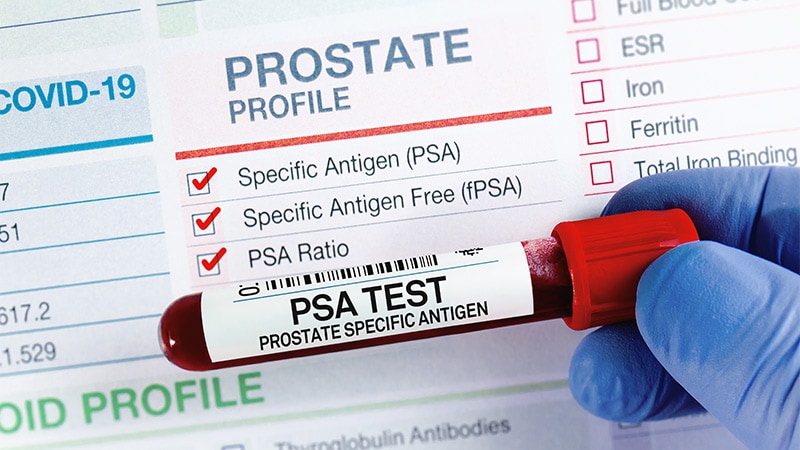Takeaway
- In the treatment of anal squamous cell carcinoma (ASCC), there were similar rates of grade ≥3 toxicity with intensity modulated radiotherapy (IMRT) plus mitomycin C (MMC) and either 5-fluorouracil (5-FU) or capecitabine, but patterns of toxicities differed.
Why this matters
- The oral fluoropyrimidine-derivative capecitabine is emerging as an alternative to 5-FU for ASCC despite limited evidence of its tolerability and toxicity.
- As capecitabine is administered orally twice daily, it offers a convenient alternative to 5-FU.
Key results
- Of 147 included cases recruited from 40 UK centres, 52 (35.4%) were treated with capecitabine/MMC and 95 (64.6%) with 5-FU/MMC.
- Of the high-volume centres submitting data for ≥10 patients, 4 solely used 5-FU/MMC and 2 solely used capecitabine/MMC.
- There was no evidence of a significant difference in the rates of grade 3/4 toxicity between the capecitabine/MMC and 5-FU/MMC cohorts (45% vs 55%; P=.35).
- No treatment-related deaths occurred in either group.
- The most common reasons for capecitabine dose adjustment (n=11) were gastrointestinal toxicity (n=4), thrombocytopenia (n=2) and cardiac chest pain (n=2).
- Among 10 patients for whom 5-FU was discontinued or dose adjusted, 4 experienced bone marrow toxicity, 1 developed significant stomatitis, and 1 was diagnosed with acute kidney injury.
- 1-year relapse-free rates did not significantly differ between capecitabine/MMC and 5-FU/MMC groups (76.2% vs 79.3%; P=.80).
- 1-year colostomy-free survival rates were 77.5% with capecitabine/MMC and 90.7% with 5-FU/MMC (P=.09).
Study design
- National cohort study of patients with ASCC managed in accordance with UK guidance using IMRT and single-dose MMC with either 5-FU or capecitabine.
- Funding: none specified.
Limitations
- Modest number of patients in each treatment group.
- Routine blood tests were more common among capecitabine/MMC patient.
- Proportion of patients for whom oncologic outcome data were available was relatively low.
References
References



